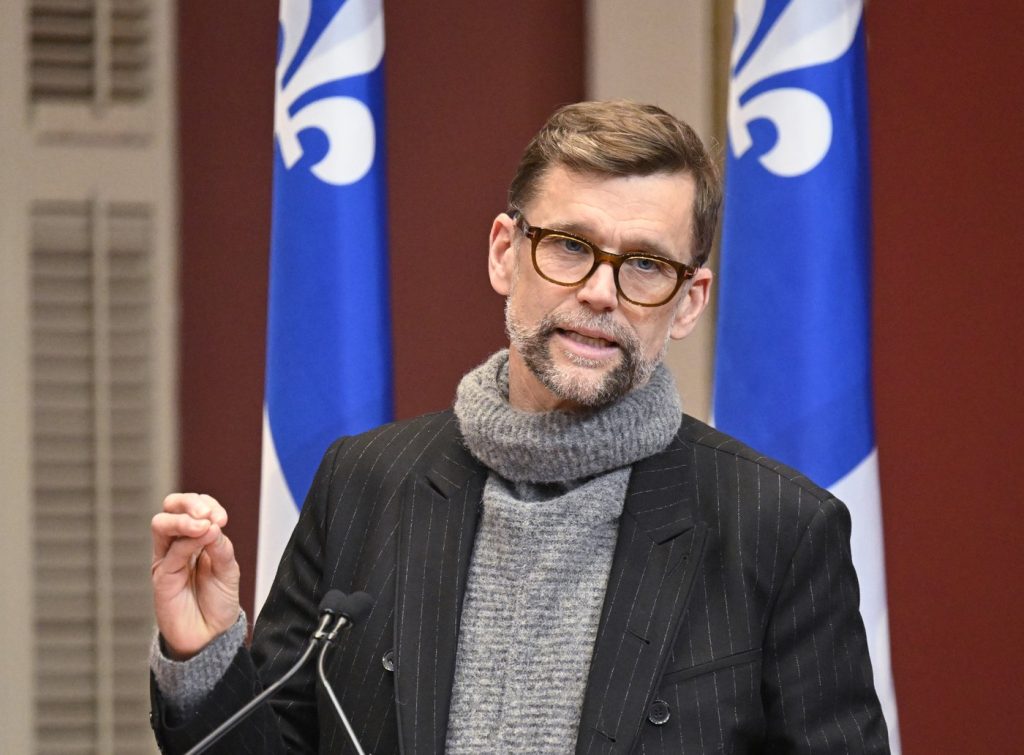Quebec City has initiated an innovative traffic light synchronization project in collaboration with Google’s artificial intelligence technology, designed to enhance traffic flow, ease congestion, and reduce greenhouse gas emissions. Notably, Quebec City is the first municipality in Canada to engage in the Green Light project, which is offered by Google Canada at no cost to cities.
According to Laurence Therrien, public affairs manager at Google Canada, the Green Light project employs driving trends gathered from Google Maps combined with artificial intelligence to analyze a city’s traffic patterns. This analysis allows for tailored recommendations for specific intersections that city engineers can implement swiftly. Therrien emphasized that the AI model serves as a supplementary tool rather than a replacement for engineers' work.
The use of aggregated and anonymized data from Google Maps provides a more efficient and reliable overview of traffic conditions in a city than traditional manual methods or existing systems, as noted by Therrien. The Green Light project is currently active in 19 cities across four continents, with significant data analysis conducted by Google that demonstrates the project’s potential benefits.
According to Google, the implementation of the Green Light project could lead to a reduction in frequent stopping and starting by up to 30%, as well as an estimated 10% decrease in carbon dioxide emissions at urban intersections. Therrien addressed concerns that improved traffic flow might encourage more people to drive, suggesting that smoother traffic for vehicles also benefits public transportation, making it more efficient and appealing.
In Quebec City, the project has already enabled the adjustment of traffic light timing at 11 intersections, yielding positive initial outcomes, as stated by Mayor Bruno Marchand. He remarked that the Green Light project represents an innovative way to rapidly and effectively optimize the road network, thereby enhancing traffic efficiency.
The city’s announcement specifically referred to improvements made during the evening rush hour, where certain traffic lights were found to be "slightly out of sync" near a busy intersection, resulting in delays and congestion. Using the AI model from the Green Light initiative, Google proposed a 15-second reduction in the gap between the signaling of traffic lights, aligning them more effectively with another intersection, which led to smoother transit and better coordination.
This particular scenario illustrates how AI can augment the efforts of municipal professionals by suggesting simple, data-driven adjustments that deliver effective improvements. As Quebec City continues to explore the capabilities of the Green Light project, it aims to leverage technology to optimize its traffic management, ultimately contributing to a more sustainable urban environment.











